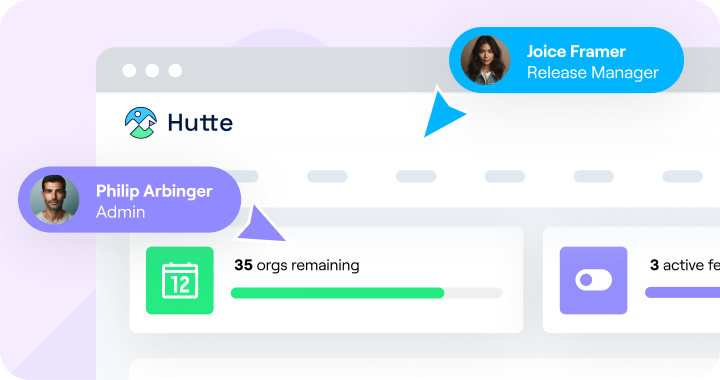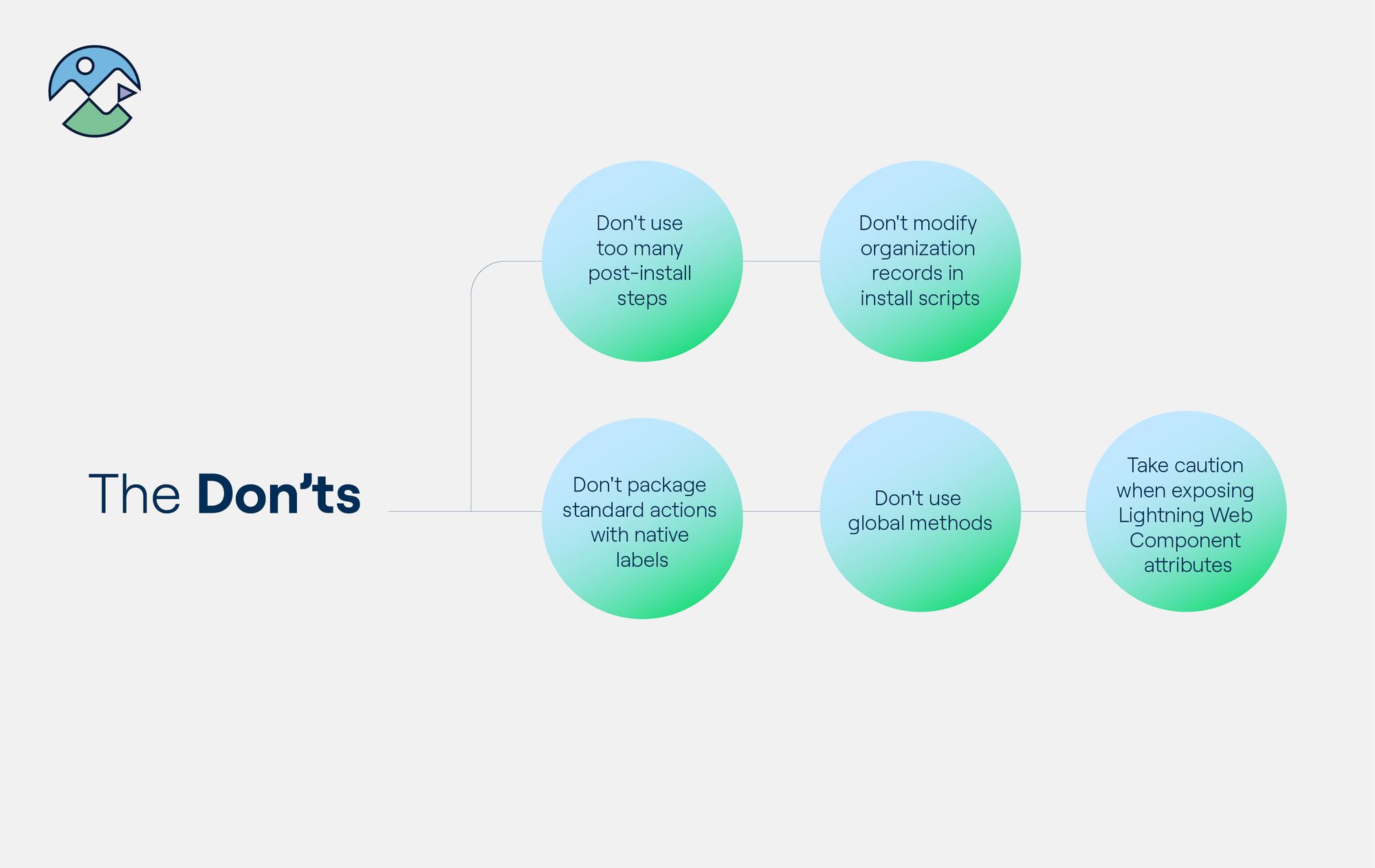While Flow can’t solve everything that triggers cover, they offer flexibility. Flow enables a customer to troubleshoot, deactivate, and customize the automation they package. Flow is significant for automation on standard objects where a customer’s automation project setup is out of their control.
Your automation code may work on one organization, but combined with the triggers, Flow, and validation rules could lead to errors.
Managed trigger code is hidden and uneditable, making them hard to debug and impossible to deactivate. Trigger code brings more headaches for orgs that implement trigger frameworks requiring custom boilerplate code.
Flow becomes more powerful with every release, and invocable actions add Apex access for more complex operations. We recommend considering them first for all automation you need to package and to make your Flow overridable.
In a best-case scenario, they become a toolkit for your customers’ admins and a solution architects can use to tailor your app for their specific needs.











